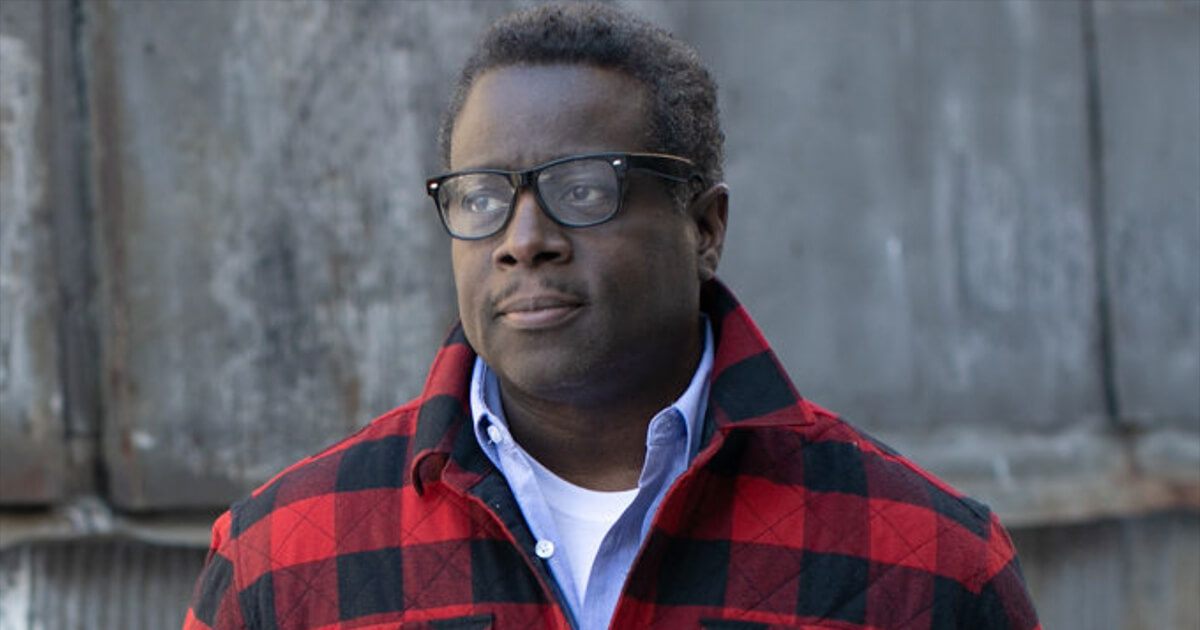The looming threat of climate change is fueling more sustainable transportation and the need to recycle it. In 2019, 327,000 electric vehicles were sold in the U.S., a 175% increase from just five years earlier. But as the industry grows, few have found an efficient way to repurpose the sustainable technology that powers EVs once batteries are at the end of their lifespan. Ellington Ellis is poised to change that. In 2014, Ellis co-founded Global Battery Solutions, a Michigan-based battery recycling company focused on electric vehicle batteries, looking for a more environmentally conscious way of handling damaged and degraded electric vehicle batteries.
Our process extends the life of the cell package or module and keeps it from going to a landfill when that battery can no longer be used in an automobile, Ellis told The Plug. We call our [repurposing] the cradle to cradle approach. Global Battery Solutions devises energy storage technology solutions for major corporations like General Motors, Volvo and Toyota. Ellis also spearheaded a partnership between GBS and Dynamic Manufacturing which resulted in a workforce of more than 950 employees and $200 million-plus in annual revenues.
The strategy employed by GBS consists of four components: repair, remanufacture, repurpose and recycle. The need for repurposing and recycling electric car batteries has become especially acute as more companies and government entities have turned to hybrid and all-electric vehicles. While plug-in electric vehicles and hybrids produce few or no carbon emissions, the batteries present a significant environmental challenge. GBS set out to solve what happens to electric car batteries when they can no longer power electric vehicles. There comes a time when that battery pack made up of cells and modules degrades to a point where it is not getting the same range. So, where they were getting 200 miles now it’s only getting a hundred or maybe 75 miles. That pack or module cannot go back into an automobile, Ellis said.
However, it can go into energy storage because 70 percent or 80 percent of the energy is still in that pack, Ellis continued. We take those battery packs, modules, or cells and put them in alternative applications ‚Äì a screwdriver, a golf cart energy storage device, a home energy storage device. Ellis acquired Sybesma Electronics, also located in Holland, Michigan, in 2018 for an undisclosed amount. He had previously worked with the company in their battery servicing operations. Because of my expertise, Sybesma Electronics was able to service those batteries from their small division, and that’s when I came in. I was able to look at what they were doing, invested energy, money and time, Ellis said. At that time, I was raising funds for the oil industry. But when I began to get into battery (technology) and recognized the trend of what was happening in electrification, I saw that this was the field to be in. Ellis had not always set out to be in the battery recycling business.
Ellis majored in theology and is a fourth-generation ordained minister, but his innate interest in STEM led him to GBS. I built a circuit board at the age of twelve, which I still have. I always had the ability to see something that was there and was not there and invent and come up with solutions, he said. When degraded electric car battery cells or modules can no longer be repurposed they are dumped into landfills rather than recycled. According to the Guardian, the recycling rate for e-waste across North and South America was only 9 percent in 2020.
After recycling the battery pack lasts another five to ten years, when they would have otherwise gone into a landfill or have been recycled toxically. Repurposing the battery packs prevents heavy charge and discharge cycling times and they can then last far longer than when they were in an automobile. Much e-waste recycling is conducted in an environmentally unsafe manner, primarily by a pyro, or heat-based, extraction process. Even worse, so-called recycling of e-waste might consist of no more than shipping components overseas to developing countries.
GBS sends components that cannot be repurposed for recycling via a water-based process, which retrieves 95 percent of the battery’s raw materials: lithium, cobalt and nickel aluminum, and is much less toxic than pyro-based recovery methods. Recovered raw materials are sent back to manufacturers for use in new electric car batteries.
Along with his work for Global Battery Solutions, Ellis is committed to expanding the presence of African Americans in the tech space. He has made it his mission to make a positive impact with his work, especially in disinvested communities and communities of color.
Everything is electrification, that’s where the whole world is. I believe that the intersection of quantum computing, molecular engineering and artificial intelligence is where our people need to be, and that’s where the true growth is, Ellis said.








